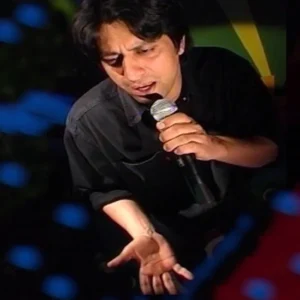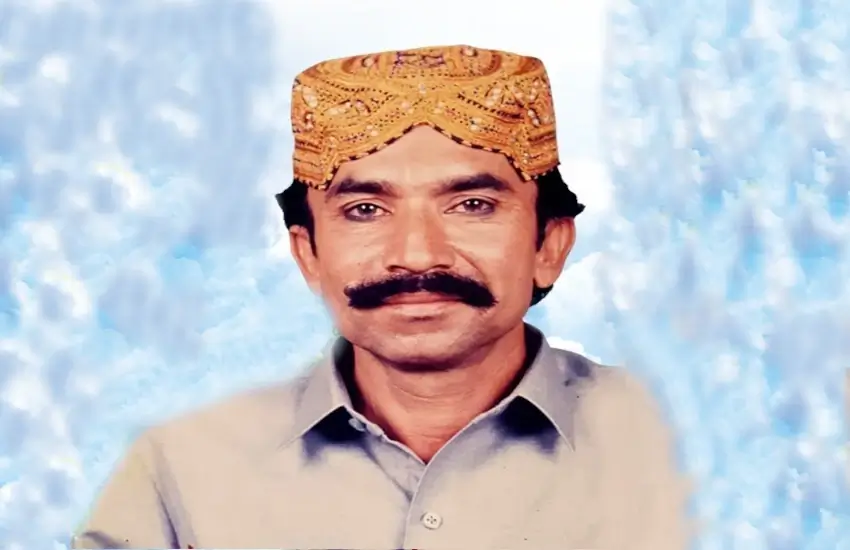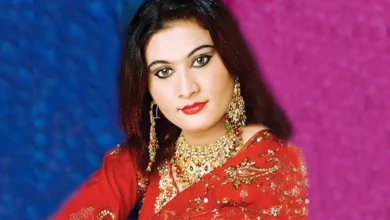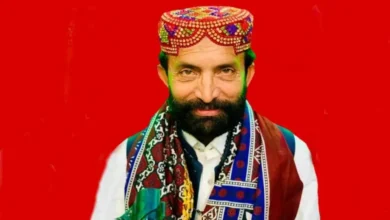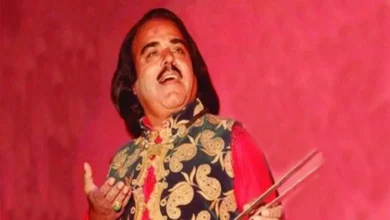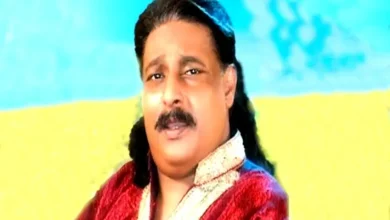Jawad Ahmad – Bio, Top 20 Best Punjabi Folk Music
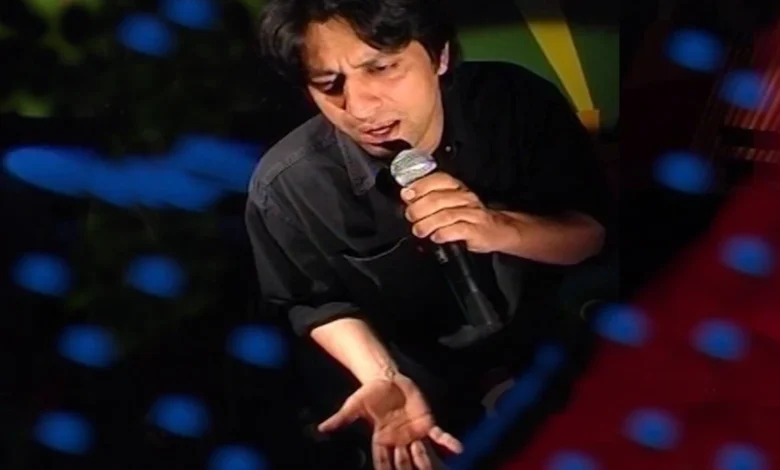
In Pakistan’s ever-changing music scene, Jawad Ahmad stands out as a beacon of talent and innovation. With the emergence of a new musical talent in Pakistan, Jawad Ahmed has emerged as an exceptionally popular artist, captivating audiences with his unique blend of pop and folk songs.
Best Jawad Ahmad Punjabi Folk Music Download
Jawad Ahmad: A Brief Biography
Early Life and Education
Jawad Ahmad was born on September 29, 1970, in Lahore, Pakistan. His parents, both political science professors, instilled in him a love of education and culture. Jawad studied at the Cathedral School at 4 Church Road, Lahore, and later pursued engineering at the University of Engineering and Technology (UET), Lahore. During his university years, he was actively involved in various societies including music and literary clubs, which laid the foundation for his later musical career.
The development of pop music
Popular music often incorporates elements such as urban, dance, rock, and country. Despite its genre-specific nature, pop music has distinctive characteristics, such as short and medium melodies written in loose structures, frequent orchestral repetitions, and catchy melodies and these qualities make pop music more accessible and appealing to a wider audience, setting it apart from more niche genres.
Musical Journey
After graduation, Jawad left his Jupiter band to pursue a solo career. Despite having no formal musical education, he wrote and composed most of the songs and quickly became famous for his unique music. Jawad’s musical career began with hit songs like “Allah Mera Dil Kay Under”, a Sufi hymn that resonated deeply with listeners, and albums like “Deewane”, and “Mehndi” which promoted inner peace and spiritual growth further cemented his position as a leading figure in Pakistani pop music he did.
The Essence of Jawad Ahmad’s Music
Jawad Ahmed’s music is a blend of pop, folk, and classical elements. He has come up with songs in several languages including Punjabi, Urdu, and Saraiki, which shows his versatility. His contribution to Pakistani folk music is significant, as he developed a unique style that appeals to a diverse audience.
Popular songs and albums
Some of Jawad Ahmad’s most notable works include:
- “Allah Meray Dil Kay Andar” – A Sufi song promoting inner peace.
- “Deewanay” – An album that showcased his versatility.
- “Mehndi” – Popular for its festive and celebratory songs.
Its impact on Pakistani music
Jawad Ahmed’s influence extends beyond his music. He played a pivotal role in popularizing Pakistani pop music, blending traditional and modern elements to create a unique sound. His ability to connect with multicultural audiences made him a beloved figure in the Pakistani music scene.
What Defines Popular Music?
Popular music, including the work of Jawad Ahmed, often blends genres to create a broadly appealing song. The main features of popular music are:
- Qawwali Music: A form of Sufi devotional music.
- Sufi Music: Songs promoting spirituality and inner peace.
- Classical and Semi-Classical Music: Traditional forms with a rich history.
- Folk Music: Songs that reflect cultural traditions and stories.
- Ghazal Songs: Poetic songs that express deep emotions.
Types of Popular Music
Popular songs often include country-pop and dance-pop mixes, making them accessible to a wider audience. Fans of particular genres sometimes criticize mainstream artists for creating “watered-down” music, but the appeal of popular music is its widespread accessibility.
History of Pakistani Pop Music
Pakistani pop music emerged as an important genre in the South Asian region with Ahmed Rushdie’s “Ko Korina” in 1966. It has evolved over the years, incorporating various influences such as jazz, rock, hip-hop, and disco the songs were in languages including Urdu. Pakistani pop music has gained a huge following not only in Pakistan but also in neighboring countries and among the Pakistani diaspora around the world.
Pioneers and Influences
Singers like Runa Laila, Alamgir, and Jawad Ahmed have played an important role in shaping the Pakistani pop industry. Nazia Hassan and his brother Zohaib Hassan have been instrumental in popularizing pop music throughout South Asia. Groups such as Junoon, Vital Signs, Water, and Strings have also contributed to the growth of the genre, making it a staple of South Asian youth culture despite various challenges.
Conclusion
Jawad Ahmed is one of the most influential figures in Pakistani pop songs. His ability to blend genres and languages has created a unique and lasting impact on the work. As we continue to enjoy his timeless melodies, it is clear that Jawad Ahmed’s contribution has not only enhanced Pakistani music but also brought it closer to a global audience. For more music visit our website Media Music Mania.
FAQs
1. Who is Jawad Ahmad, and why is he famous?
Jawad Ahmad is a renowned Pakistani singer, songwriter, and composer known for his unique blend of pop, folk, and classical music. His hit songs like “Allah Mera Dil Kay Andar” and albums like “Deewana” and “Mehndi” have made him a prominent figure in the Pakistani music industry.
2. What is Jawad Ahmad’s contribution to Pakistani music?
Jawad Ahmad has played a pivotal role in popularizing Pakistani pop music by blending traditional and modern musical elements. His versatility in languages like Punjabi, Urdu, and Saraiki has allowed him to appeal to a diverse audience.
3. What are some of Jawad Ahmad’s most popular songs?
Some of Jawad Ahmad’s most notable songs include:
“Allah Mera Dil Kay Andar” (a Sufi hymn promoting inner peace)
Tracks from the albums “Deewanay” and “Mehndi,” showcase his versatility and creativity.
4. How did Jawad Ahmad start his music career?
Jawad Ahmad began his career after graduating from the University of Engineering and Technology (UET), Lahore. He initially performed with the band Jupiter before pursuing a solo career, despite having no formal musical training.
5. What defines Jawad Ahmad’s music style?
Jawad Ahmad’s music is characterized by its fusion of pop, folk, and classical elements. His songs often carry messages of spirituality, cultural heritage, and celebration, making his work both meaningful and entertaining.

